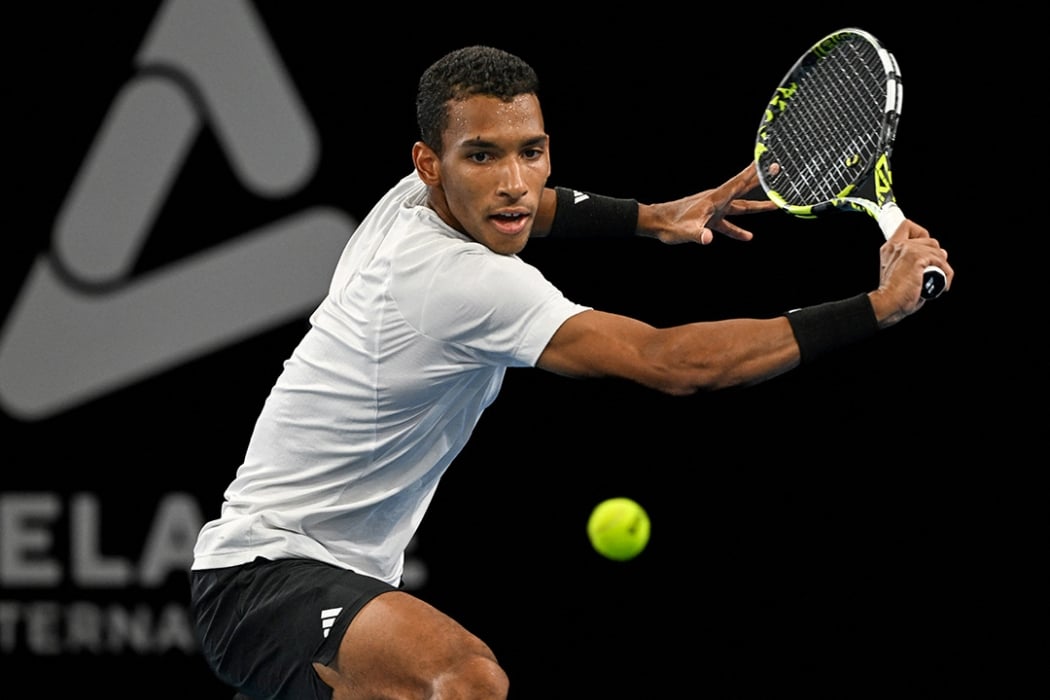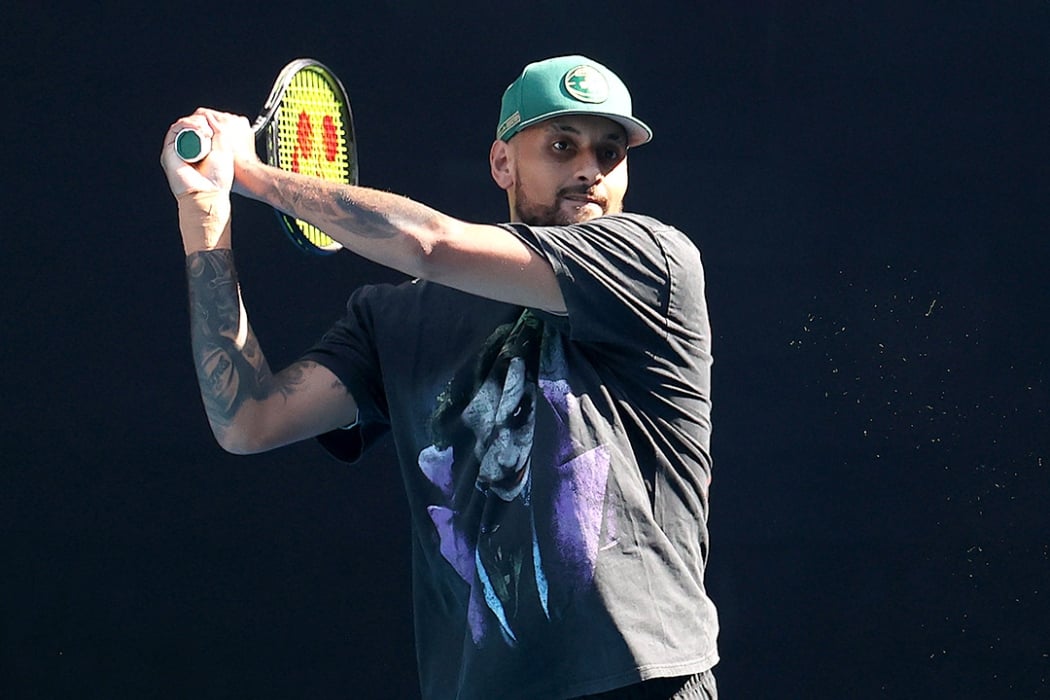Young American Alex Michelsen held his nerve to claim an upset win over No.11 seed Stefanos Tsitsipas at AO 2025.
Secured in two hours and 43 minutes, the 7-5 6-3 2-6 6-4 result marks the biggest win of the world No.42’s career.
In a fearless display of powerful serving and go-for-everything groundstrokes, Michelsen recorded 46 winners in his first victory over a top-20 opponent at a Grand Slam.
“I just tried to stay super composed out there. I knew it was going to be a battle in the end. The serve sort of let me down a little in the fourth (set) but I’m super happy I could get through it,” Michelsen said.
The 20-year-old is contesting his sixth Grand Slam, and second at the Australian Open. “But it was all about the mindset," he added. "I came in with the proper mindset and executed the game plan.”
It adds to a successful start to Michelsen’s record at Melbourne Park, with the then-teenager defeating James McCabe and No.32 seed Jiri Lehecka to reach the AO third round in 2024.
Tsitsipas addressed the media sunburnt and despondent after the match. The 26-year-old didn’t underestimate his less experienced opponent but admits he was not planning on being the first big upset.
“He was a difficult first round match. I knew I was dealing with a pretty serious opponent because I’ve played him before and I’ve lost,” Tsitsipas said.
“I knew coming into this match things don’t suddenly change. There is a reason he beat me in our previous encounter. So, I knew I had to be on top of my game to try and win this match.”
The Greek withdrew from doubles to focus on going deep into the AO but said frustration and insecurity compounded a slow start in the first round.
“I had a very slow start to the match in terms of finding my movements and just dominating from the serve plus one, it wasn't really the way I'm expecting it to work,” he said.
“That led to some frustration and, let's say, insecurity in terms of approaching my game. These are important shots in tennis, and if you are not able to deliver them at your highest intensity, that's really difficult.
“I also felt like I didn't have enough power in my shot today, so I ended up playing a bit more and kind of having to work twice or three times more every single point to try to win it,” Tsitsipas continued.
“I just hope I'm able to retrieve that back and use that as a strength that I have within my game.”
Youth versus experience is shaping as a theme of this year’s tournament with conjecture around who has the advantage.
Tsitsipas conceded the game now is different to how it was when he first arrived at the Australian Open in 2018.
“It wasn’t as physical,” he said. “I’ve had wins over Novak [Djokovic] and felt like I didn’t have to exceed the most extreme version of myself in that particular match.
“The game has shifted more towards a physical game, so the margins become smaller meaning that you’re not getting as many free points. Innovation has stepped in and allowed players to serve even bigger than before. I definitely put emphasis on that.
“Power has taken over, meaning everyone can hit hard now. You just have to be precise as well, combine those two, and you have the ultimate player.”
The Australian Open has traditionally been a happy hunting ground for Tsitsipas, but he will now focus on the Davis Cup, unhappy with having so much time between meets.
“I would actually say that I’m a better player now than I was back then,” he continued.
“Even though I’m losing now and I’m not at my best I still feel like I’m much better as a player than back then.”

